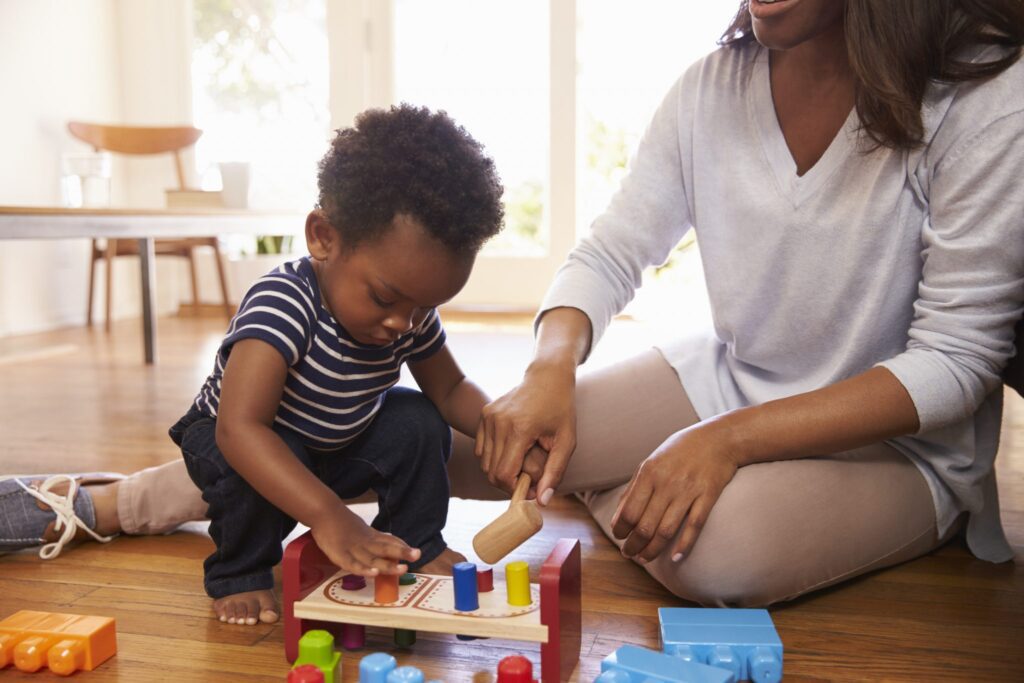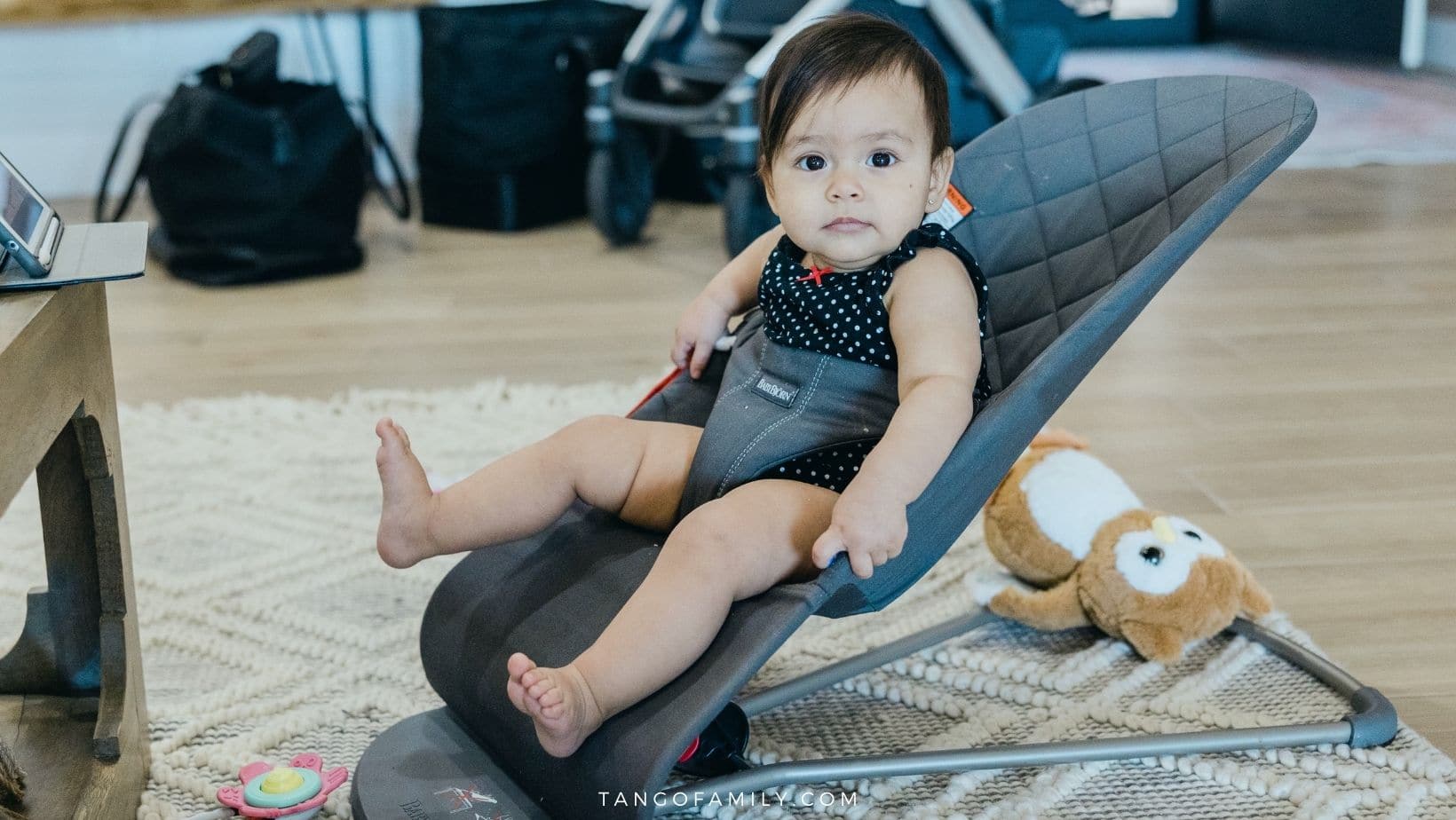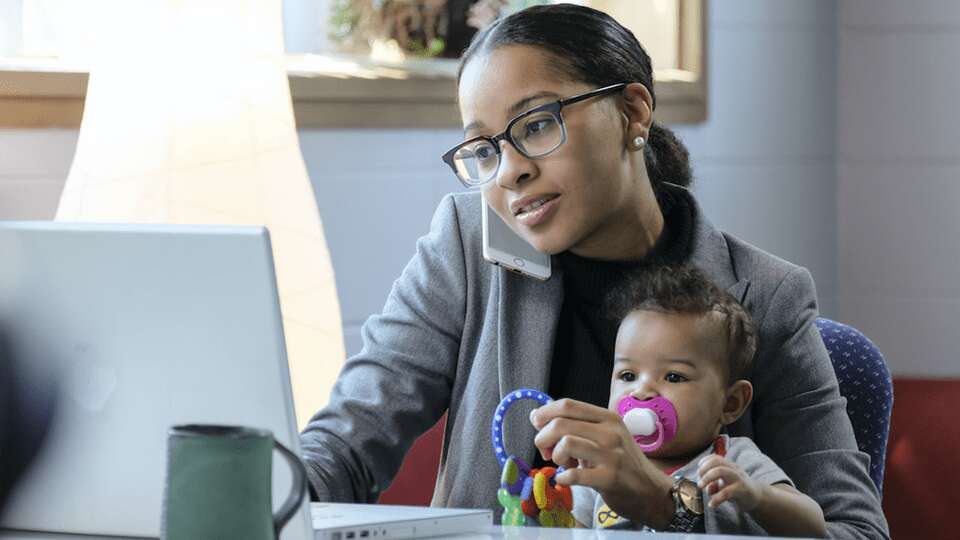If you are one of those parents who does not emphasize “playtime” and you don’t play with your kids, then you are making a big mistake despite its benefits for them. It’s easy to get trapped in the nuances of parenthood and feel like you never have enough time to get everything done. It can be challenging to make time to play with our children between your busy schedules at work, home, and elsewhere. However, when your children ask to play, you must prioritize spending time with them. In this blog, we will learn about a few reasons why you don’t play with your kids so that you can find a solution for yourself.
Importance of Playtime

Is it bad to not play with your child? No, its not bad some parents may see playtime as a way to keep their children occupied while they attend to other matters. However, research shows that children’s play is crucial to their growth and development as it fosters the development of social skills, creativity, and problem-solving abilities.
In addition to strengthening your bond, making lasting memories, and having fun with your kids is another benefit of playing together. Many parents ask this question “what happens if you don’t play with your child?” It’s easy to let responsibilities like work and housework get in the way of spending quality time with your children, but doing so is a mistake. It can be a pleasant diversion from the pressures of daily life while also providing opportunities to expand your knowledge, develop your skills, and make new friends.
Reasons:
There are the following reasons why you don’t play with your kids:
You want to encourage them to be creative:
Creative play with kids doesn’t have to involve traditional games like tag or hide-and-seek. Kids may benefit from creative activities like problem solving, imaginative play, and self-confidence. For those who ask, “is it ok not to play with your child?” Yes, it is totally fine as in this way you can give your kid a chance to explore his or her creative side through different forms of expression. Inspire them to create art through paintings or sculptures made from Play-Doh or clay. Get them to listen to and read widely, and push them to express themselves creatively through writing and storytelling.
Don’t interrupt your kid’s imaginary play, and don’t play with your kids if you think you can cause influence your kid’s imagination. There are many play spaces, such as a dress-up box, blanket, and pillow fort. Give your kid the freedom to use his or her imagination. Your kid needs somewhere comfortable to be themselves without fear of rejection. Avoid making negative comments about their work or trying to change the way they play. Let them take charge and stand behind their goals.
The best way to foster imagination in a child is to provide them with opportunities for risk-taking within a secure setting. By allowing them to express themselves freely, you can aid in the growth of your child’s imagination and potential.
You have your work obligations.
If you are prioritizing your work over kids and you don’t play with your kids, then it leads to parental guilt and a sense of abandonment for your children. Work and home balance is a challenging game to master. When parents have to work long hours or have demanding jobs, they only have a little time to play with their children. Some parents may attempt to “make up for it” by showering their kids with gifts and treats. This approach, however, could backfire if the kids don’t believe their parents care about them.
The games your children enjoy are more than just a pastime; they are essential to their growth and development. An excellent way for parents to bond with their children is through play, which provides a fun and relaxed setting where children can practice social skills.
The best way to strike a balance between work and family life is to set limits and prioritize your time and efforts accordingly. Try different things until you find what works best for your loved ones. Despite work pressures, making time for loved ones at home is crucial. Put down the phone and spend some quality time with the kids. Both of you can gain from this experience.
You and your kid have different play styles:
If you don’t play with your kids just because you are unfamiliar with their style of playing, then you have the wrong perspective of playtime with your kids. Intense playtime can be intimidating for some parents, so they opt for more casual games instead.
Lighthearted playtime with kids has many positive effects. Having kids play games that are just for fun rather than with any specific goals in mind is often more beneficial for their development. Relaxed playtime at home can be a great way for parents to encourage their children’s imaginative and creative abilities.
Parents, however, should strike a balance between serious and playful play. Children benefit from free play and exploration, but parents should also prioritize planned playtime when possible. Children are better able to learn and be creative when play and routine are combined.
I want them to be able to entertain themselves.
It’s natural if you don’t play with your kids, as this is the time when you have to let them entertain themselves. It’s an important skill to have for their lives, as it will help them become more self-sufficient.
When we entertain our children, they may come to rely on us for their entertainment or fun. It’s relaxing and enjoyable while we’re playing kids, but keeping up for a long is impossible.
Children require plenty of free time to develop their individual talents and interests. They learn independence and how to take charge of their fun, so if you don’t play with your kid, this could benefit him or her.
Helpful parenting practices include establishing limits and setting standards. Our kids are expected to occupy themselves, even when we’re around to help. Self-entertainment is a process that necessitates time, effort, and practice, and it can be frustrating and boring at times. If your kid wants to play, tell them to think outside the box.
Conclusion
Some parents need to recognize the importance of play in helping their children mature emotionally and intellectually. Parents aid their children’s education by providing a secure setting in which they can play and experiment. However, research suggests that a mix of unplanned and planned playtime is optimal for kids’ development and parental bonding. However, if you don’t play with your kids, don’t worry. You still are teaching them to think for themselves, so there is nothing to feel guilty about.





